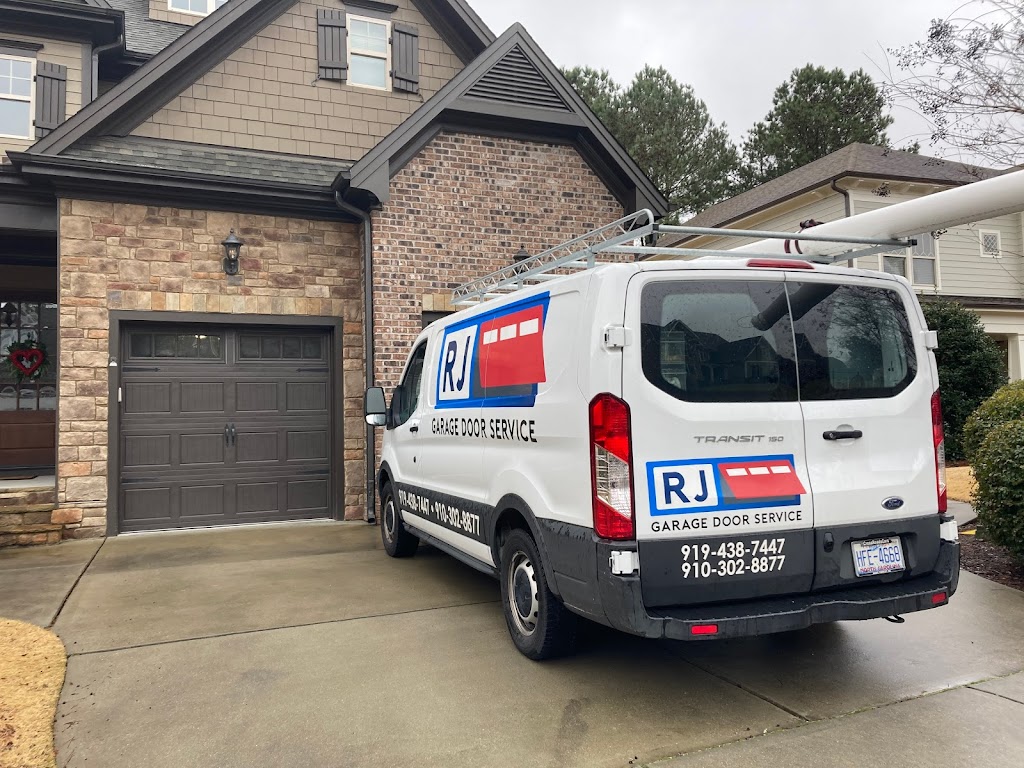When it comes to upgrading your home, the garage door might not be the first thing on your mind. But if you have a larger vehicle or need extra space for storage or a workshop, an oversized garage door could be a game-changer. Let’s explore everything you need to know about oversized garage doors, from types and costs to insulation and maintenance.
Garage Door Types
Choosing the right type of garage door is crucial. Here are some popular options to consider:
- Sectional Doors
These are made of panel sections connected with hinges. When the door opens, the panels bend and slide up along a track. Sectional doors are the most common type in residential homes due to their versatility and ease of use. - Roll-Up Doors
Perfect for limited ceiling space, these doors roll up into a compact coil above the opening. They’re often seen in commercial settings but work well for residential homes too. - Side-Hinged Doors
These open like traditional double doors. They’re great for homeowners who prefer a classic, carriage-house aesthetic. - Sliding Doors
Similar to sliding barn doors, these move horizontally along a track. They’re less common but provide a unique look and function.
Average Cost
The cost of an oversized garage door varies depending on size, material, and features. Here’s a rough breakdown:
- Basic steel door (no insulation): $800–$1,500
- Insulated steel door: $1,500–$3,000
- Wood door: $2,500–$4,500
- Aluminum or fiberglass door: $2,000–$5,000
Don’t forget to budget for installation, which typically adds $500–$1,000 to the total. If you want smart features like Wi-Fi-enabled openers or noise reduction, expect to pay more.
Material Options
Your garage door’s material affects its look, durability, and maintenance needs. Here’s a quick rundown of popular choices:
- Steel: Durable, low-maintenance, and budget-friendly. Steel doors can also be insulated.
- Wood: Offers a timeless, upscale appearance but requires regular maintenance.
- Aluminum: Lightweight and resistant to rust, making it great for humid climates.
- Fiberglass: Resistant to dents and corrosion. It can mimic wood but is lighter and easier to maintain.
- Vinyl: Durable and resistant to dents and rust. A great option if you want something that lasts without much upkeep.
Insulation and Energy Efficiency
Did you know your garage can affect your home’s energy bills? If your garage is attached to your house, an insulated door can help regulate temperatures.
Look for doors with R-values—the higher the R-value, the better the insulation. Here’s why it matters:
- Winter warmth: Keeps your garage from turning into a freezer during the colder months.
- Summer coolness: Prevents excessive heat from seeping into your home.
- Lower energy bills: Helps reduce heating and cooling costs.
Insulated doors are also quieter, which is a bonus if your garage is near a bedroom or living space.
Available Sizes
Standard single garage doors are usually 8 to 10 feet wide and 7 to 8 feet tall. But oversized garage doors? They’re a whole different ballgame. Common sizes include:
- 10 to 14 feet wide: Perfect for larger SUVs and trucks.
- 12 to 16 feet tall: Ideal for RVs, boats, or anyone needing extra vertical space.
Custom sizes are also available if your needs don’t fit the typical dimensions.
Durability and Maintenance
When you invest in an oversized garage door, you want it to last. Here’s how different materials stack up in terms of durability and upkeep:
- Steel and aluminum: Highly durable with minimal maintenance. Just clean occasionally and check for rust.
- Wood: Beautiful but high-maintenance. Regular sealing or painting is required to prevent warping or rotting.
- Fiberglass and vinyl: Resistant to dents and corrosion, requiring only occasional cleaning.
To keep your door in top shape, schedule regular maintenance. This includes lubricating moving parts, checking the balance, and inspecting weatherstripping.
Noise Level
No one likes a garage door that sounds like a jet engine taking off. Thankfully, oversized doors don’t have to be noisy.
- Insulated doors: Naturally quieter thanks to their construction.
- Belt-driven openers: Smoother and quieter than chain-driven ones.
- Regular maintenance: Lubricating rollers and tracks can significantly reduce noise.
If peace and quiet are a priority, ask your installer about noise-dampening features.

